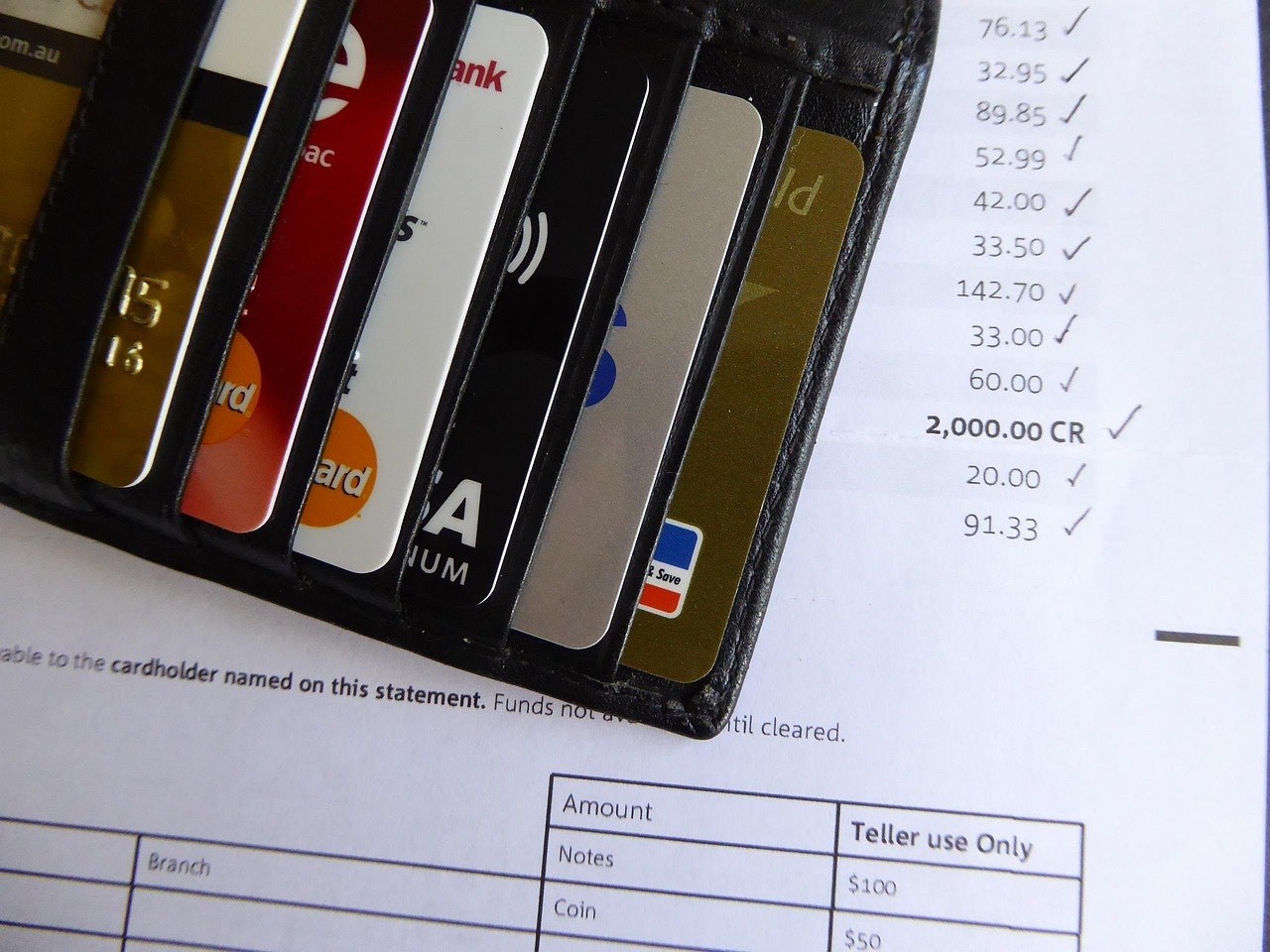Article
Smart Strategies to Manage Debt This Summer
Summer vacations are the perfect time to escape, relax, and create unforgettable memories. But beneath the excitement lies the potential to overspend, which can lead to post-vacation debt. It's crucial to plan financially so that the joy of your holiday doesn't turn into stress when the bills arrive.
Skipping the Budget
One of the most common mistakes is skipping the budget. Before embarking on your trip, outline estimated expenses like travel, accommodations, food, and entertainment. Creating a robust spending plan helps keep financial surprises at bay. A detailed budget acts as your financial roadmap, guiding you to spend wisely and stay within limits.
Relying on Credit Cards
It's easy to fall into the "swipe now, worry later" mentality during vacations. However, relying too much on credit cards can lead to high-interest debt. Instead, consider using a prepaid travel fund or a debit card to keep spending in check and avoid debt accumulation.
Overpaying for Last-Minute Travel
Planning your travel well in advance can save a significant amount of money. By booking flights, hotels, and even activities early, you secure better deals and lower prices. Additionally, consider traveling during off-peak times to further cut costs and avoid the premium charges associated with last-minute bookings.
Underestimating Daily Expenses
Many travelers underestimate the daily expenses of food, local transportation, and unexpected fees at their destinations. Research these average costs ahead of time and set a realistic daily spending limit to manage these seemingly small costs that can quickly add up.
Ignoring Hidden Costs
Travelers often overlook hidden costs such as resort fees, baggage charges, and foreign transaction fees. Make sure to read the fine print before booking to avoid these surprise expenses. Accurately estimating all possible costs leads to better budget management.
Not Having an Emergency Plan
Even the best-laid plans can be disrupted by unforeseen circumstances like medical emergencies, car troubles, or flight delays. Having a travel emergency fund set aside for such situations ensures you can handle surprises without derailing your budget. Consider setting aside a small reserve specifically for these unexpected expenses.
With a bit of forethought and financial discipline, you can enjoy your summer vacation without the burden of overwhelming debt. By implementing smart budgeting strategies and exercising mindful spending, your trip can be both enjoyable and financially sound.




























